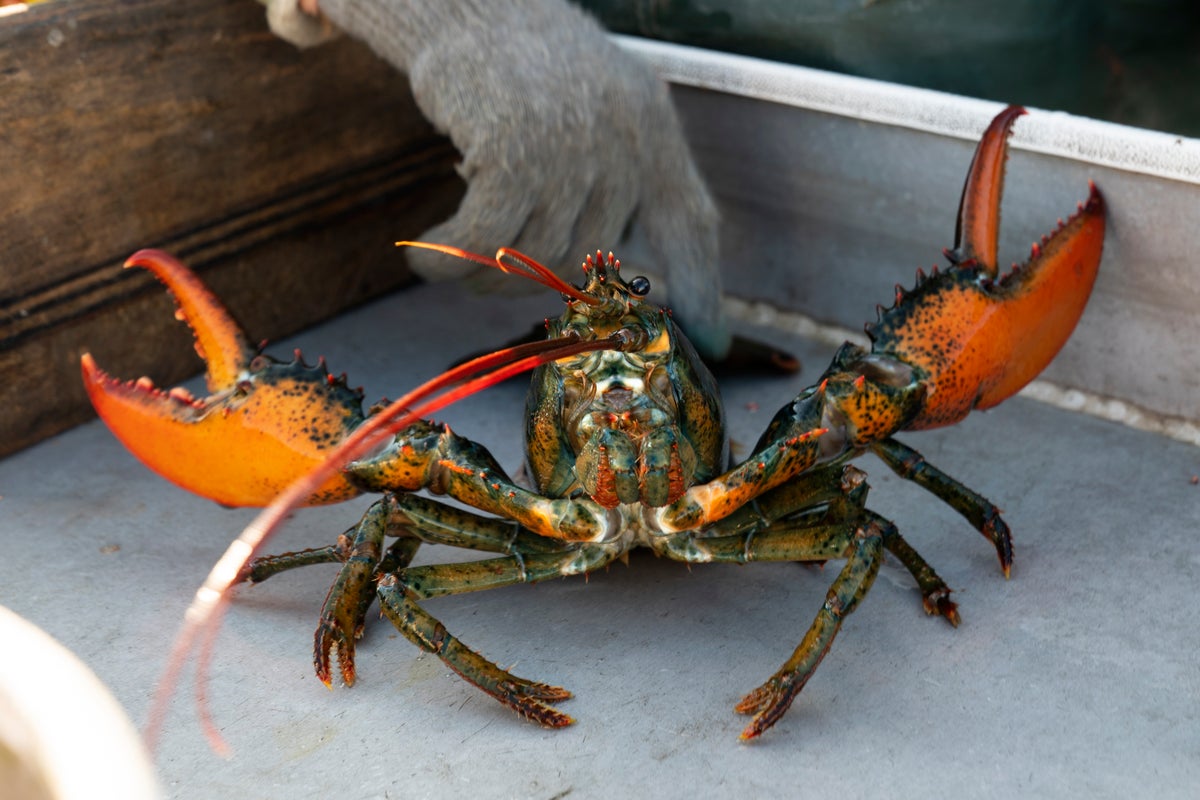
Fishing regulators on Friday scrapped a plan for stricter fishing rules amid concerns about a decline in baby lobsters in the warming waters off New England.
The regulators were looking to institute a new rule that fishermen need to abide by a larger minimum size for the lobsters they trap. The change is only 1/16th of an inch or 1.6 millimeters, but regulators have said it will help preserve the population of the valuable crustaceans, as many small lobsters will need to be tossed back to the ocean.
Some fishermen have argued the change is unnecessary and will be disruptive to one of the country’s most lucrative seafood industries when it is already stressed by warming waters, surging expenses and new rules to protect whales. They’ve argued for the new rules to be delayed or tossed out.
Patrick Keliher, commissioner of the Maine Department of Marine Resources, said in a statement Friday that the plan was pulled Thursday night “after hearing loud and clear from Maine lobster industry members that they are unified in their opposition” to it.
The Atlantic States Marine Fisheries Commission has said the minimum size must be changed because of a recent decline of more than 35% of the young lobster stock in the Gulf of Maine, a key fishing ground. Last fall, the the commission voted to push back the implementation of the change from Jan. 1 to July 1, 2025.
Keliher, who also is is chair of the Atlantic States lobster board, said the regulation was required to ensure that Maine remains compliant with its Interstate Fishesries Management Plan for Lobster. He said he must now go back to the board and work its policy board on a plan to ensure compliance.
“That plan will require input from industry to ensure that we are proposing measures that achieve conservation benefits that are equivalent to those intended by this regulation,” Keliher said in his statement.
The size change had applied to the Gulf of Maine, where commission officials have said the stock declined by 39% when comparing 2020-22 to 2016-18. Scientists have cited the warming of the Gulf of Maine as a potential stressor for lobsters.







